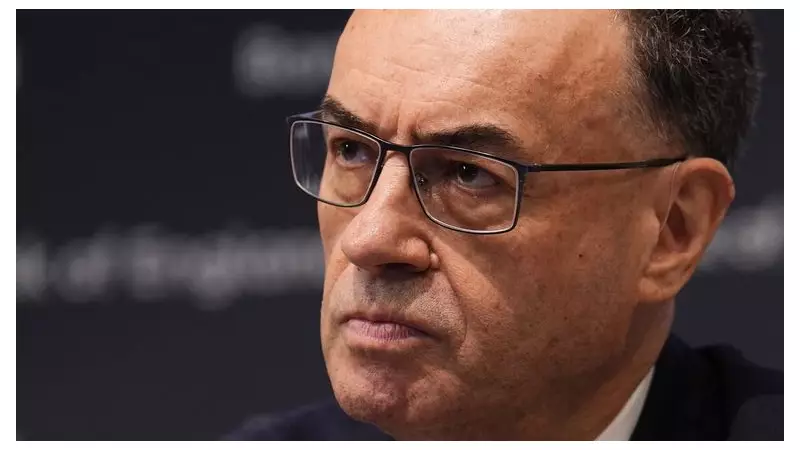
In a dramatic showdown that laid bare the deepening divisions at the heart of Britain's central bank, the Bank of England has opted to hold interest rates at their current 16-year high of 5.25%. The decision came after what insiders are describing as one of the most tense and closely-fought monetary policy committee meetings in recent memory.
The Split Decision
The nine-member committee found itself sharply divided, with five policymakers voting to maintain rates while four pushed for immediate action. The breakdown reveals the extraordinary pressure facing the Bank as it navigates competing economic challenges.
The voting pattern tells the story:
- Five members, including Governor Andrew Bailey, supported holding rates at 5.25%
- Two hawkish members voted for a 0.25 percentage point increase
- Two dovish members argued for a 0.25 percentage point cut
What This Means for Your Wallet
For millions of homeowners and borrowers, the decision provides temporary relief but prolongs the financial pain. Those on variable rate mortgages and tracker deals will see no immediate change in their monthly payments, but the continued high rates mean the era of cheap borrowing remains firmly in the past.
The Bank's statement acknowledged that "the timing of general election had no role in our decision," directly addressing speculation that political considerations might influence monetary policy.
The Inflation Conundrum
At the heart of the committee's dilemma lies Britain's stubborn inflation problem. While consumer price growth has fallen dramatically from its peak, services inflation remains worryingly high at 5.7% - significantly above the Bank's 2% target.
Governor Andrew Bailey struck a cautiously optimistic tone, stating: "We've had encouraging news on inflation and we think it will fall close to our 2% target in the next couple of months." However, he emphasised that the Bank needs to see "more evidence that inflation will stay low" before considering rate cuts.
What Happens Next?
Financial markets are now betting on potential rate cuts as early as August, with many economists predicting the Bank could move to ease monetary policy in the autumn. However, the deep divisions within the committee suggest future decisions will remain highly unpredictable.
The Bank's updated forecasts paint a mixed picture - while inflation is expected to fall rapidly, economic growth remains sluggish, leaving policymakers walking a tightrope between controlling prices and supporting the economy.





